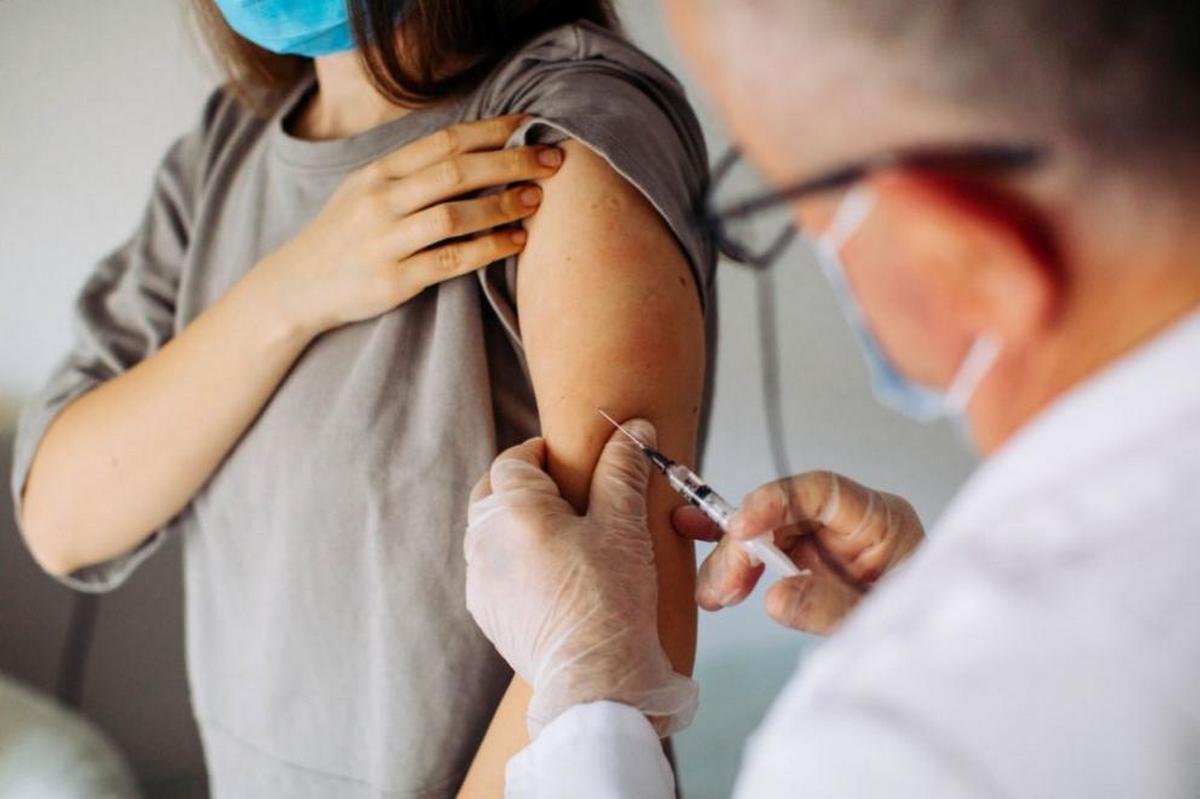A study in the UK found that the interval between eight and 10 weeks between doses of Covid-19 vaccine developed by Pfizer Inc. and BioNTech SE, increases the efficiency of the two-injection scheme compared to a shorter interval, according to Reuters.
“Eight weeks is probably the middle ground in terms of compromising between vaccinating as many people as possible and giving the population the opportunity to produce higher levels of antibodies,” said Professor Suzanne Dunachi, head of research at Oxford University. This was stated at a briefing on Thursday.
After vaccinating more people than in any other major economy, there has been a sharp increase in the number of infections in the UK in recent weeks as the delta has spread. The increase in cases has led to some controversy over whether the government should further reduce the recommended dose interval, which has recently been reduced from 12 weeks to eight.
“This latest study provides further evidence that this interval leads to a strong immune response and supports our decision,” said British Vaccine Minister Nadhim Zahavi in a statement.
The study looked at the immune response to Pfizer in the three-week dosing range to 10 weeks. Although the injection caused a strong reaction throughout the time, a longer break showed some benefits.
Levels of neutralizing antibodies were twice as high after a 10-week break than at 3-week intervals, including against delta and all other tested variants. A longer regimen has also improved the response of helper T cells that support immune memory. The results did not pass the expert evaluation.
However, as the study showed, the disadvantage of a longer interval was the decrease in antibody levels between the first and second doses, especially against the delta variant. T-cells were well preserved between shots.
According to scientists, global studies show that both short and long dosing regimens provide reliable protection against Covid-19 in the real world, emphasizing the importance of the second dose of the vaccine.

